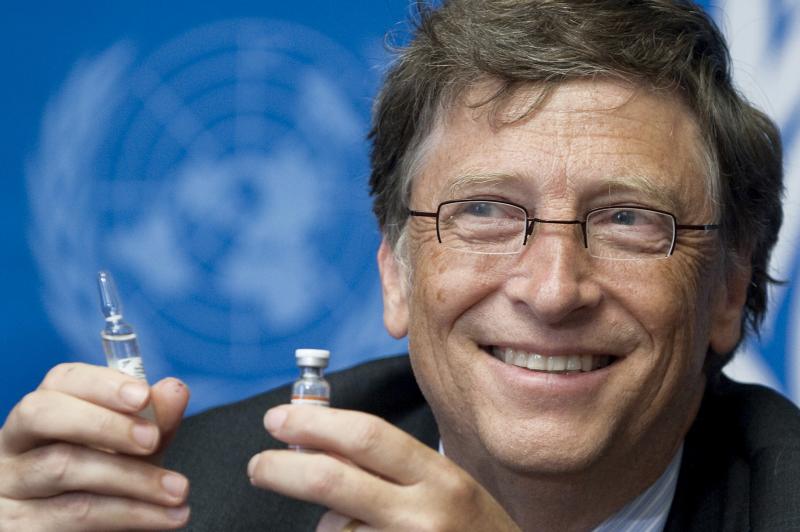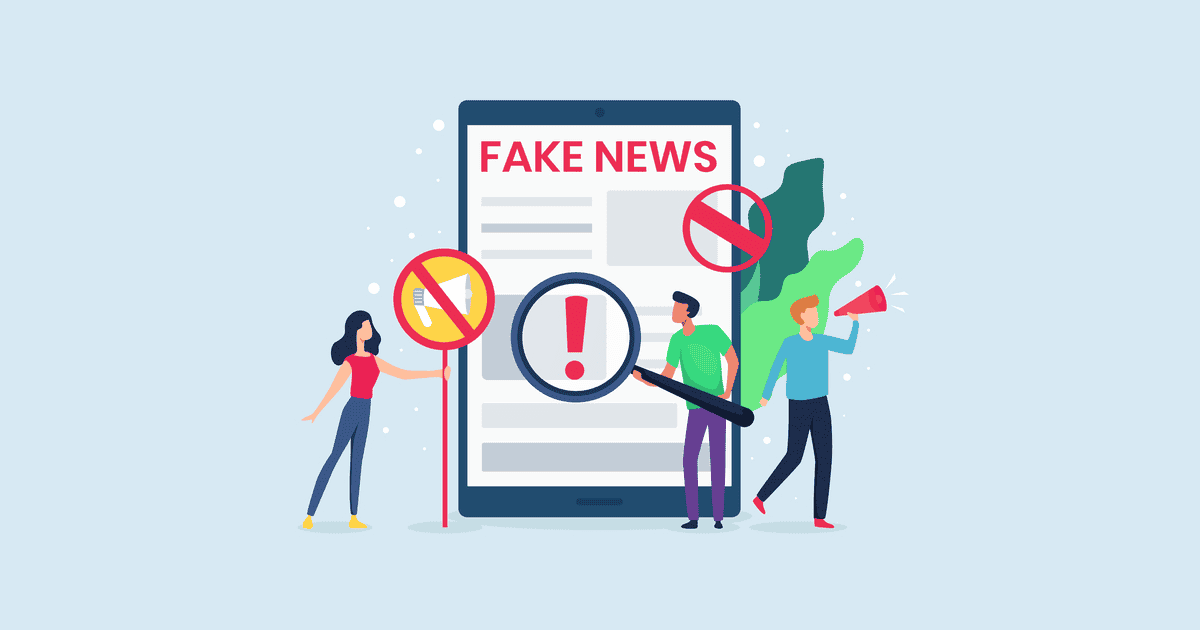The global pandemic has not only brought about a health crisis but also a surge in conspiracy theories surrounding COVID-19. As we navigate these uncertain times, it is essential to dissect and debunk these unfounded claims to ensure accurate information prevails. In this article, we will unravel the various COVID-19 conspiracy theories, exploring their origins, the psychology behind belief in them, and the impact they have on public health.
Introduction
Let's kick things off
with a quick overview of the prevalent conspiracy theories surrounding
COVID-19. The spread of misinformation can be as contagious as the virus
itself, making it crucial to address and counter such narratives. By
understanding the roots of these theories, we can better equip ourselves to
discern fact from fiction.
Origins of COVID-19
One of the most widely
circulated conspiracy theories suggests that COVID-19 was created in a
laboratory. We'll delve into the scientific evidence supporting the virus's
natural origin and dismantle the myths surrounding its alleged artificial
creation.
Vaccine Development and Approval
With the rapid
development of COVID-19 vaccines, concerns about their safety and rushed
approval processes have fueled conspiracy theories. We'll take a close look at
the meticulous procedures involved in vaccine development and approval,
debunking the notion of shortcuts compromising safety.
Global Response to the Pandemic
Conspiracy theorists
often claim that the virus was intentionally spread or that the global response
is part of a larger agenda. We'll examine the collaborative efforts on an
international scale to control the virus and dispel claims of deliberate actions.
Role of Media in Conspiracy Theories
Misinformation often
finds fertile ground in the media landscape. We'll explore how false narratives
gain traction, emphasizing the importance of fact-checking and relying on
reliable sources to combat the spread of conspiracy theories.
Bill Gates and Vaccine Misinformation
Bill Gates has become
a central figure in COVID-19 conspiracy theories. We'll analyze the false
claims surrounding his involvement and shed light on his philanthropic efforts
to combat the pandemic.
5G and COVID-19 Connection
A particularly bizarre
theory links 5G technology to the spread of the virus. We'll unravel the
unfounded connection between 5G and COVID-19, clarifying the role of technology
in the context of the pandemic.
The Impact of Misinformation on Public Health
Believing in
conspiracy theories can have real-world consequences for public health. We'll
explore the dangers of misinformation and highlight instances where false
beliefs have led to harmful actions.
Government Responses and Conspiracy Theories
Claims of government
involvement in the pandemic have fueled speculation. We'll address these
conspiracy theories, emphasizing the importance of transparent governance
during a crisis.
Scientific Consensus on COVID-19
The scientific
community overwhelmingly agrees on the natural origin of COVID-19. We'll delve
into the peer-reviewed studies supporting this consensus, reinforcing the
importance of relying on scientific evidence.
Psychology of Conspiracy Theories
Understanding why
people believe in conspiracy theories is crucial. We'll explore the
psychological factors that contribute to the acceptance of unfounded claims.
Social Media's Role in Disseminating Theories
Social media platforms
play a significant role in amplifying conspiracy theories. We'll analyze how
these platforms contribute to the spread of misinformation and discuss
strategies for combating false narratives online.
Educational Initiatives to Counter Misinformation
Education is a
powerful tool in combating conspiracy theories. We'll discuss the role of
education in promoting critical thinking and media literacy to empower
individuals to discern fact from fiction.
Legal Ramifications of Spreading False Information
Spreading
misinformation comes with consequences. We'll examine the legal measures in
place to counter the dissemination of false information and the potential
repercussions for those involved.
Conclusion
As we wrap up our
journey through the labyrinth of COVID-19 conspiracy theories, it's essential
to recap key takeaways. By relying on credible sources, maintaining a critical
mindset, and promoting education, we can collectively combat the spread of misinformation
and navigate these challenging times with resilience and clarity.
FAQs (Frequently
Asked Questions)
- Q: Are COVID-19 conspiracy theories
harmless, or do they pose a real threat?
- A: While some may dismiss conspiracy
theories as harmless, they can have serious consequences for public
health and societal trust.
- Q: How can individuals distinguish between
reliable and unreliable information about COVID-19?
- A: Critical thinking, reliance on
reputable sources, and fact-checking are essential in discerning reliable
information from misinformation.
- Q: Why do people believe in conspiracy
theories despite evidence to the contrary?
- A: Psychological factors such as
mistrust, uncertainty, and a desire for control contribute to the allure
of conspiracy theories.
- Q: What role does social media play in
perpetuating COVID-19 conspiracy theories?
- A: Social media platforms can amplify
misinformation due to their rapid dissemination capabilities and
algorithmic reinforcement.
- Q: Are there legal consequences for
spreading false information about COVID-19?
- A: Yes, there can be legal ramifications
for spreading false information, including defamation laws and public
safety concerns.








0 Comments